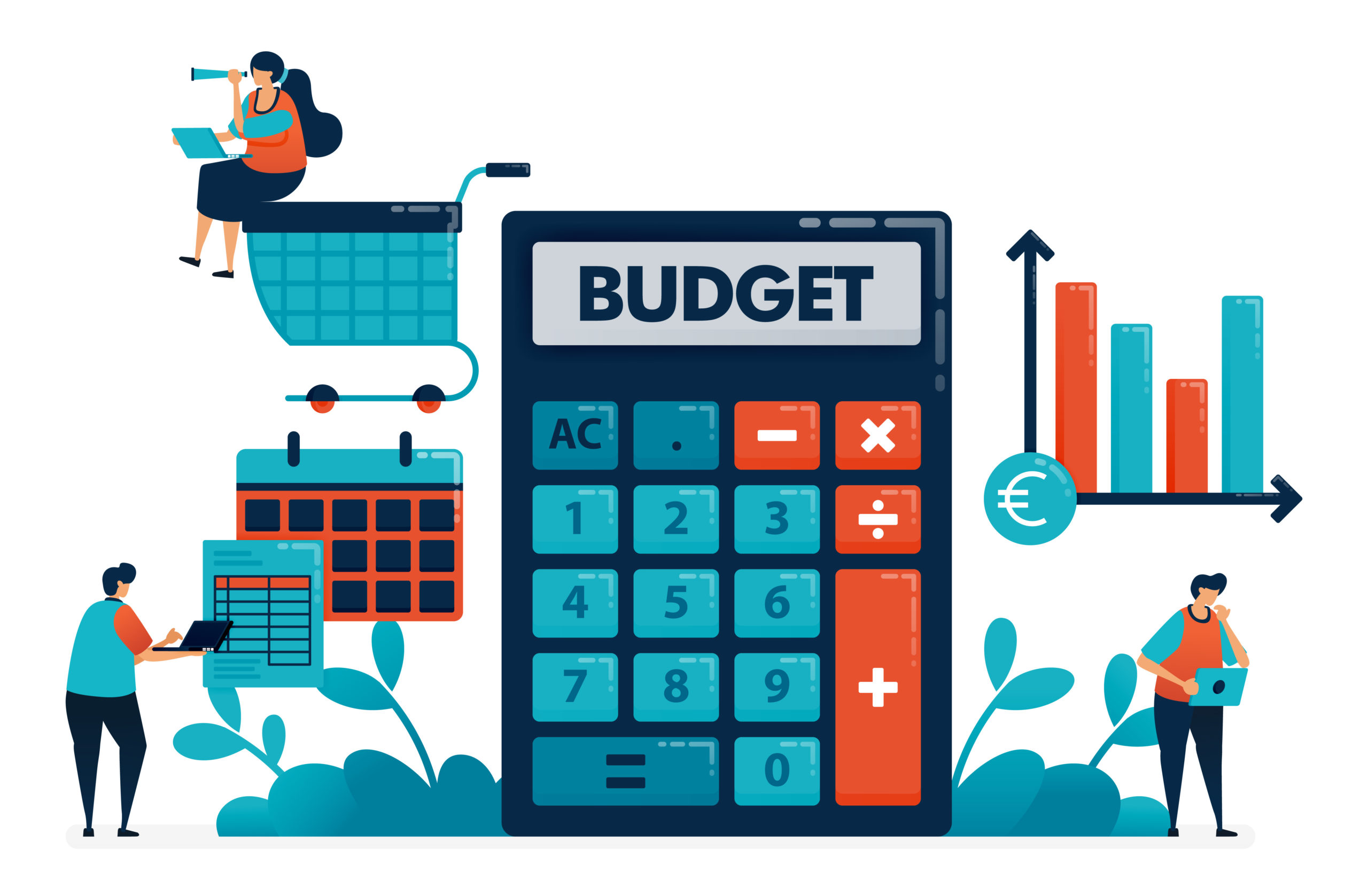Financial wellness is the state of having good financial health. This means being able to manage your money effectively, save for the future, and avoid debt. Financial wellness is important because it can help you achieve your financial goals, reduce stress, and improve your overall well-being. One of the most important things you can do…
Read more
Let’s face it, that perfectly crafted handbag or meticulously designed watch holds a certain allure. Luxury items can spark joy, inspire us, and add a touch of elegance to our lives. But in the pursuit of these treasures, it’s easy to stumble into financial quicksand. Fear not, luxury lovers! Smart shopping can unlock the world…
Read more
In today’s dynamic world, financial wellness has become a crucial aspect of overall well-being. Achieving financial stability and peace of mind is essential for navigating life’s challenges and pursuing one’s dreams. However, maintaining a consistent budget can be a daunting task, often leading to feelings of frustration and discouragement. This blog aims to empower you…
Read more

